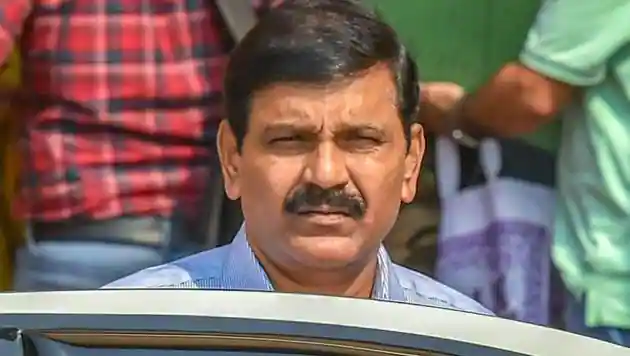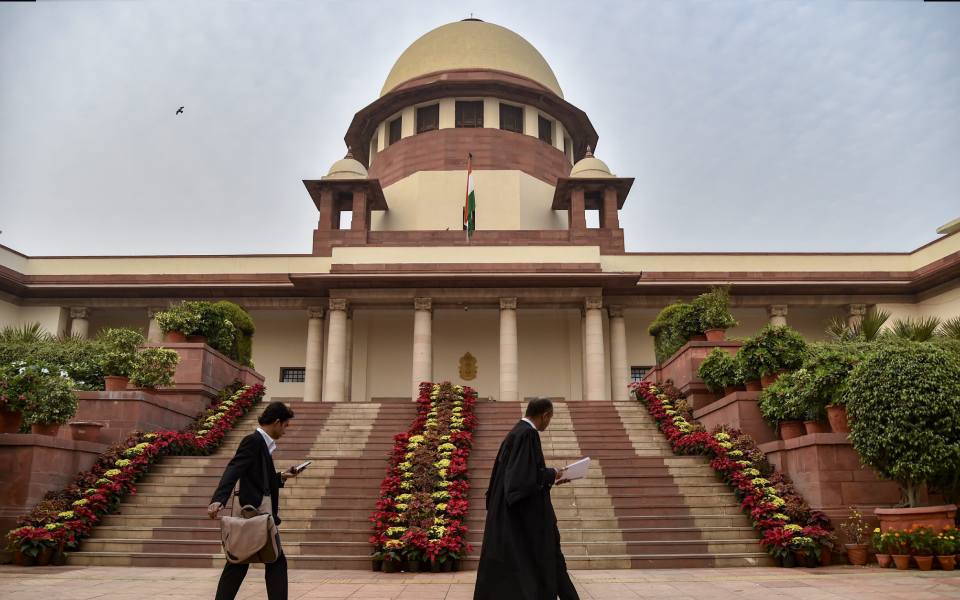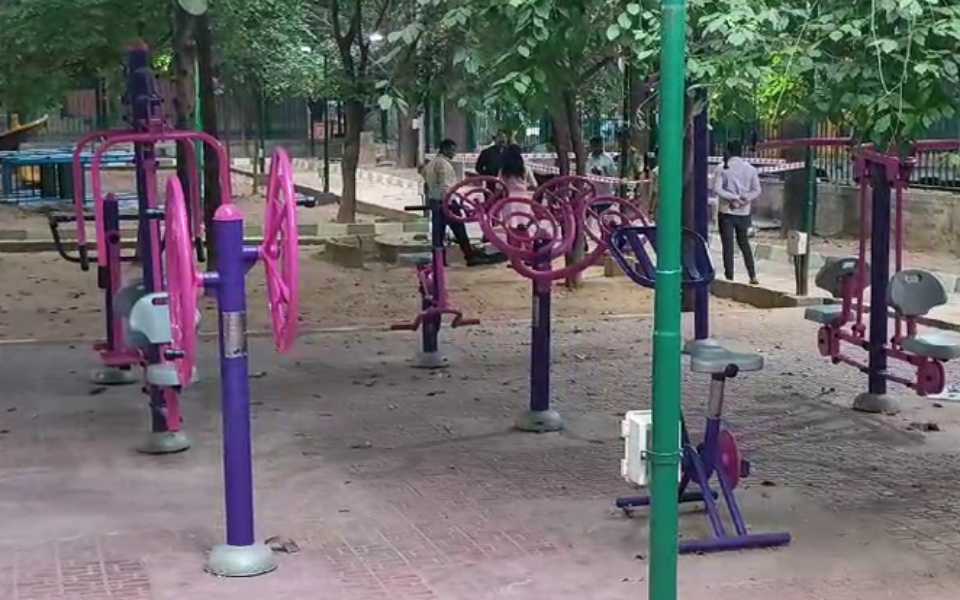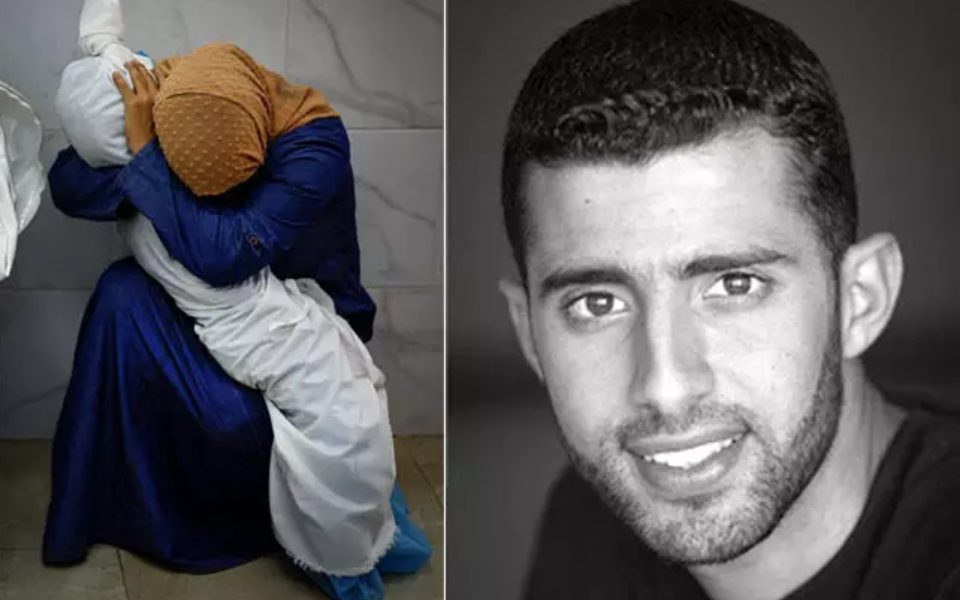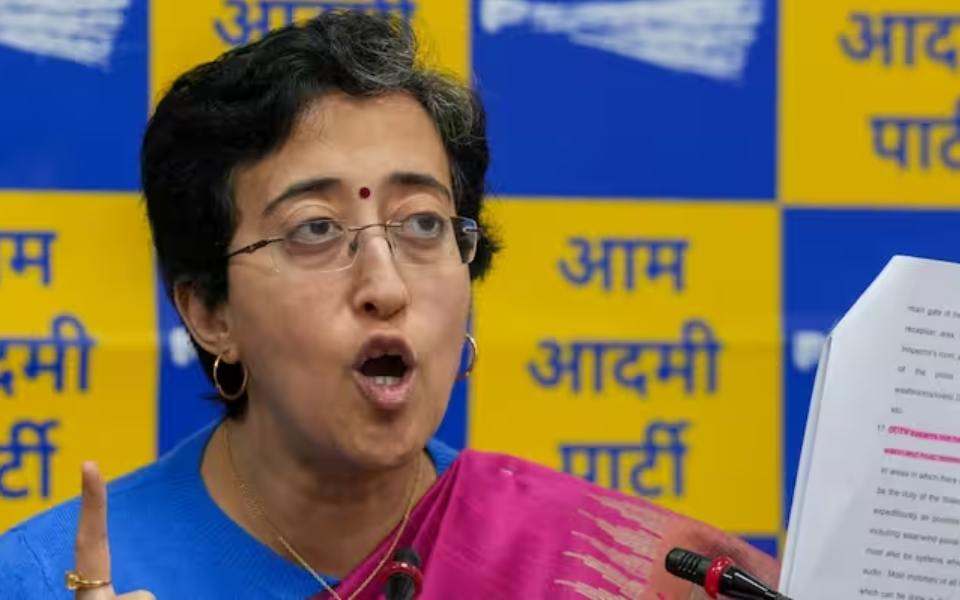New Delhi, May 17: The Delhi High Court Tuesday imposed a cost of Rs 10,000 on former interim Director of CBI M Nageswara Rao challenging the action of Twitter to remove his verification tag, blue tick, from the microblogging website account.
Justice Yashwant Varma noted that on April 7 also, a plea with similar prayers was disposed of by the court by giving liberty to Rao to re-apply for a verification tag.
"This court takes note that there was absolutely no justification which warranted the writ petition to be filed bearing in mind that the earlier writ petition was disposed of on April 7, the court said.
On April 7, the court granted liberty to Rao to pursue appropriate remedies in case any adverse decision is made by Twitter.
The plea said that in pursuance of the court's order, he reapplied for the Verification Tag, however, the Verification Tag attached to his Twitter handle was not re-instated till date after which he filed the fresh petition.
The court said Twitter must be recognised to have at least taken a reasonable time to decide on the representation.
"The petition is thus dismissed with Rs 10,000 costs," the court said.
Rao, a retired IPS officer, said his account on Twitter did contain a blue tick but the same was removed in March 2022.
In his plea, he had also sought directions to the Centre to designate or earmark one or more Compliance and Grievance officers within the Ministry exclusively to handle grievances or complaints from users of Social Media platforms like Twitter, FB, Instagram, etc relating to compliance to the law and rules including verification of user identity so that general public is not subjected to unnecessary harassment.
Let the Truth be known. If you read VB and like VB, please be a VB Supporter and Help us deliver the Truth to one and all.
New Delhi, Apr 18: Underscoring the importance of voter satisfaction and trust in the electoral system, the Supreme Court on Thursday told petitioners who sought its direction to go back to using ballot papers not to suspect the efficacy of Electronic Voting Machines (EVM) and appreciate if the Election Commission does good work.
A bench of Justices Sanjiv Khanna and Dipankar Datta, which reserved its verdict on a batch of pleas seeking complete cross-verification of votes cast using EVMs with Voter Verifiable Paper Audit Trail (VVPAT), said over suspicion of everything is a problem.
The VVPAT is an independent vote verification system which enables electors to see whether their votes have been cast correctly.
The bench made the remarks when advocate Prashant Bhushan, appearing for petitioner NGO 'Association for Democratic Reforms' (ADR), sought reversal of the poll panel's 2017 decision to replace the transparent glass on VVPAT machines with an opaque glass through which a voter can see the slip only when the light is on for seven seconds.
"I understand it is the election eve. At least the bulb which glows for seven seconds should be allowed to glow continuously after the button is pressed in the EVM," Bhushan pleaded.
The bench, which interacted for nearly an hour with senior deputy election commissioner Nitesh Kumar Vyas to understand the functioning of EVMs, told Bhushan that voter satisfaction and trust are at the core of the electoral process.
"Mr. Bhushan, now you are going too far. This is too much. Whether it's transparent or translucent glass on a VVPAT machine or the glowing of a bulb, ultimately it is the voter's satisfaction and trust (that matters). The bulb only helps you see better, that's all," the bench said.
It said, "Everything cannot be suspected. You (Bhushan) cannot be critical of everything. If they (the EC) have done something good, you have to appreciate it. You don't have to be critical of everything."
Bhushan said he is not casting any aspersion on the poll panel but possibility for improvement exists.
Justice Khanna told him, "Agree. But if they have improved things within four corners of law, then it is fine. Bulb or no bulb, how does it matter? If an explanation is given, then you must appreciate it. Over suspicion of everything is a problem. A voter has to satisfy himself, that's all. They gave the explanation for the improvement, you heard them and everyone heard them."
Solicitor General Tushar Mehta, who was in the courtroom, said as an officer of the court he is submitting that these efforts by petitioners, of doubting the efficacy of EVMs, on the eve of election has an impact on voter percentage.
"By these efforts the vote percentage gets affected. People may think that something is wrong. Democratic choice of voter is being made into a joke despite repeated rebukes to them (petitioners) by this court. I have asked my side to be ready for planted news reports and articles. Every time there is an important hearing, planted news reports and articles comes up," Mehta said.
The bench asked him to leave it at that and clarified that the ADR petition was filed last year and it was the court's fault that it could not be heard.
"Yes, some new petitions have come now but the one in which Mr. Bhushan is appearing was filed long back. We have learnt to deal with comments on social media and people have freedom to post their opinion on social media," Justice Khanna told Mehta.
During the nearly day-long hearing, the bench posed several questions to the election commission official and said, "There seems to be some gap between what is available in public domain and what should be available in public domain. That needs to be bridged."
Emphasising that voter's trust has to be maintained and protected, the bench said the integrity of the entire electoral process must be ensured
On the prayer of the petitioners that paper ballots should be used instead of EVMs, the bench said, "Paper ballots have huge drawbacks and we don't want to think about it. Instead, we were thinking of using barcodes for political parties in future but that would be a humongous task."
Senior advocate Santosh Paul, appearing for one of the petitioners, said several developed countries have gone back to using ballot papers in elections.
"The Indian system is working well and voting percentage is increasing in every election which shows people are having faith in the system. We all know what used to happen with ballot papers," the bench said referring to rigging and booth capturing during elections in the past.
Senior advocate Maninder Singh, appearing for the poll panel, said EVMs are standalone machines and cannot be tampered with but possibility of human error cannot be ruled out.
Underscoring that the electoral process has to have sanctity, Justice Datta told Singh, "You have to allay the apprehensions, both in the court and outside the court. Let nobody have the apprehension that something which is expected is not being done."
On April 16, the top court had deprecated criticism of EVMs and calls for reverting to ballot papers, saying the electoral process in India is a "humongous task" and attempts should not be made to "bring down the system".
The seven-phase Lok Sabha polls begin on April 19.
The ADR has sought matching the count in EVMs with votes that have been verifiably "recorded as cast" and to ensure that the voter is able to verify through VVPAT slip that his vote, as recorded on the paper slip, has been "counted as recorded".

